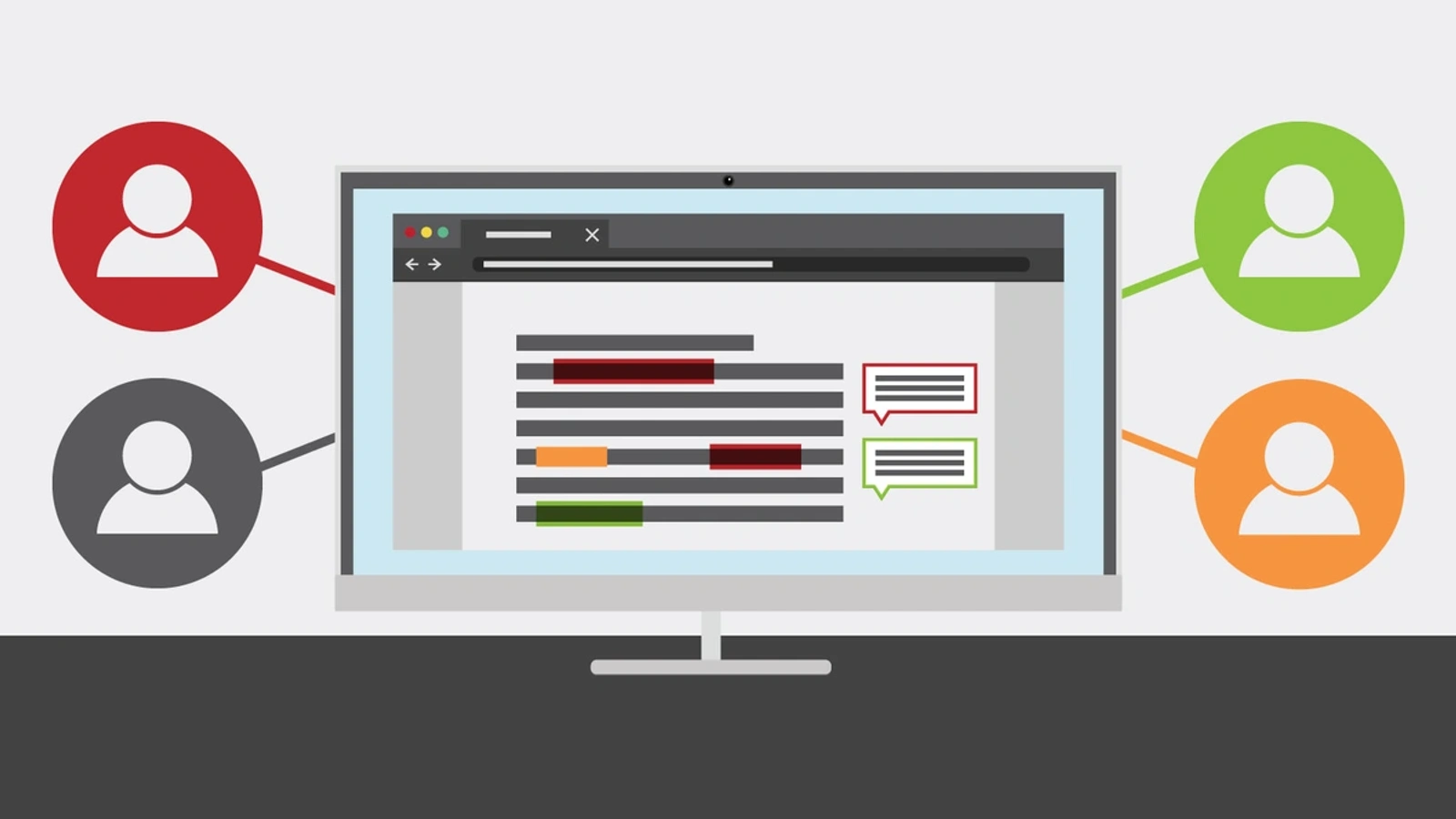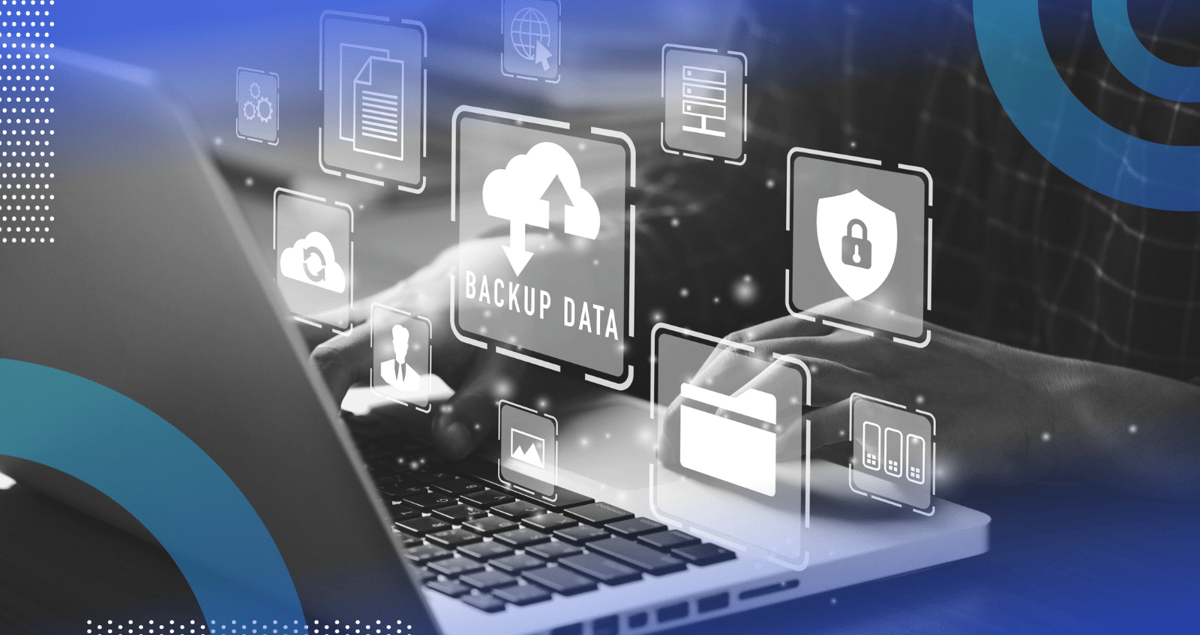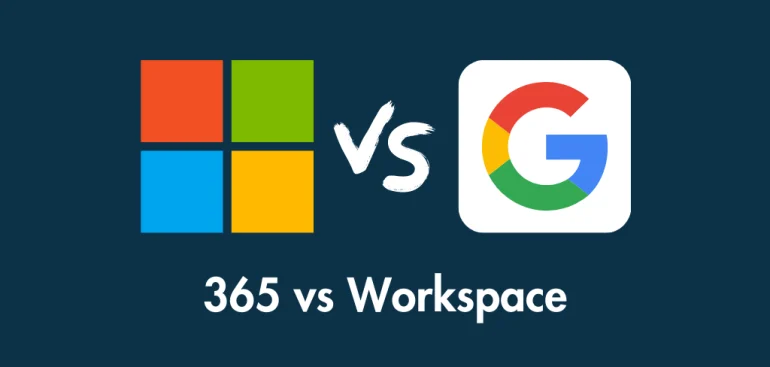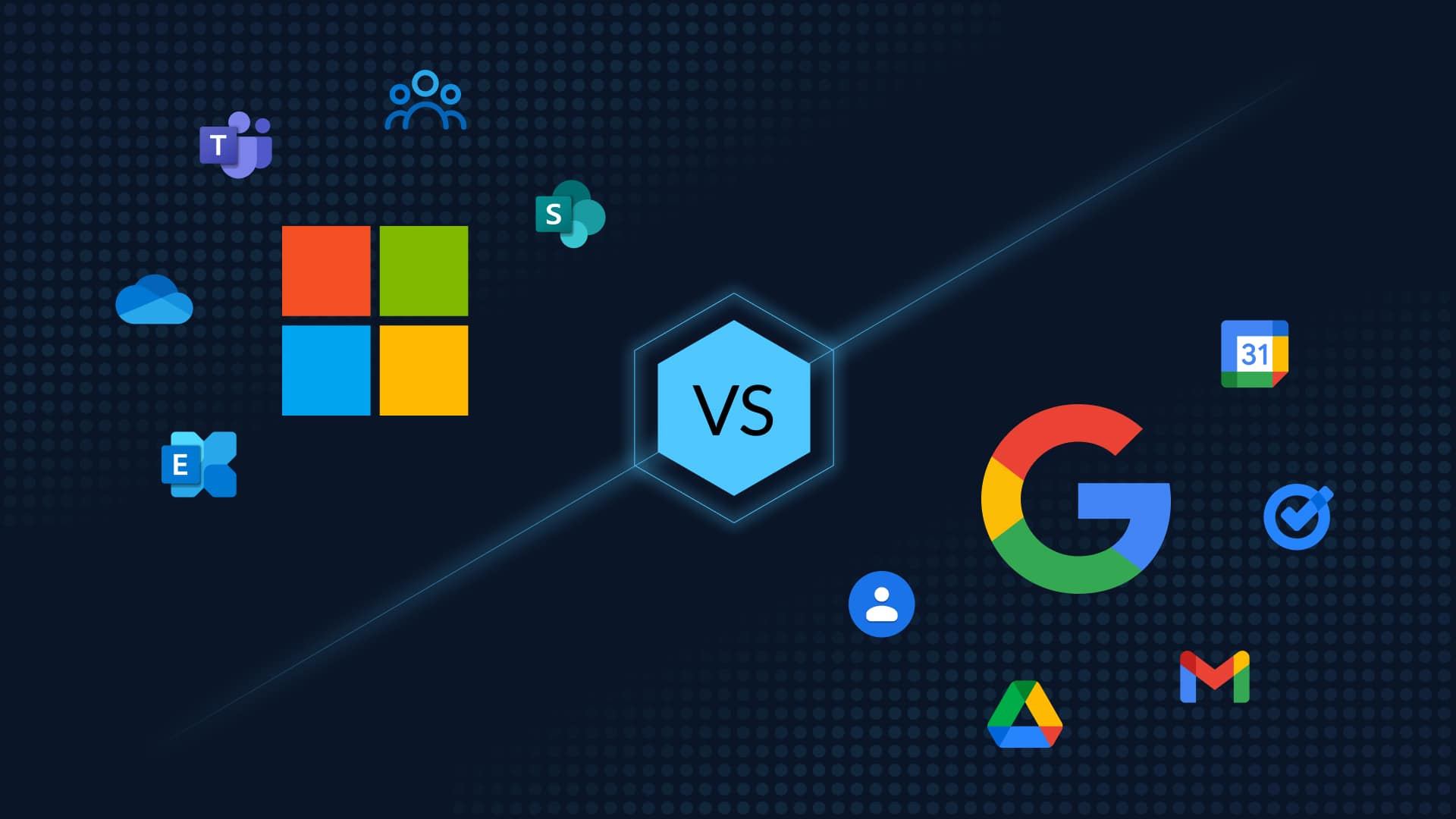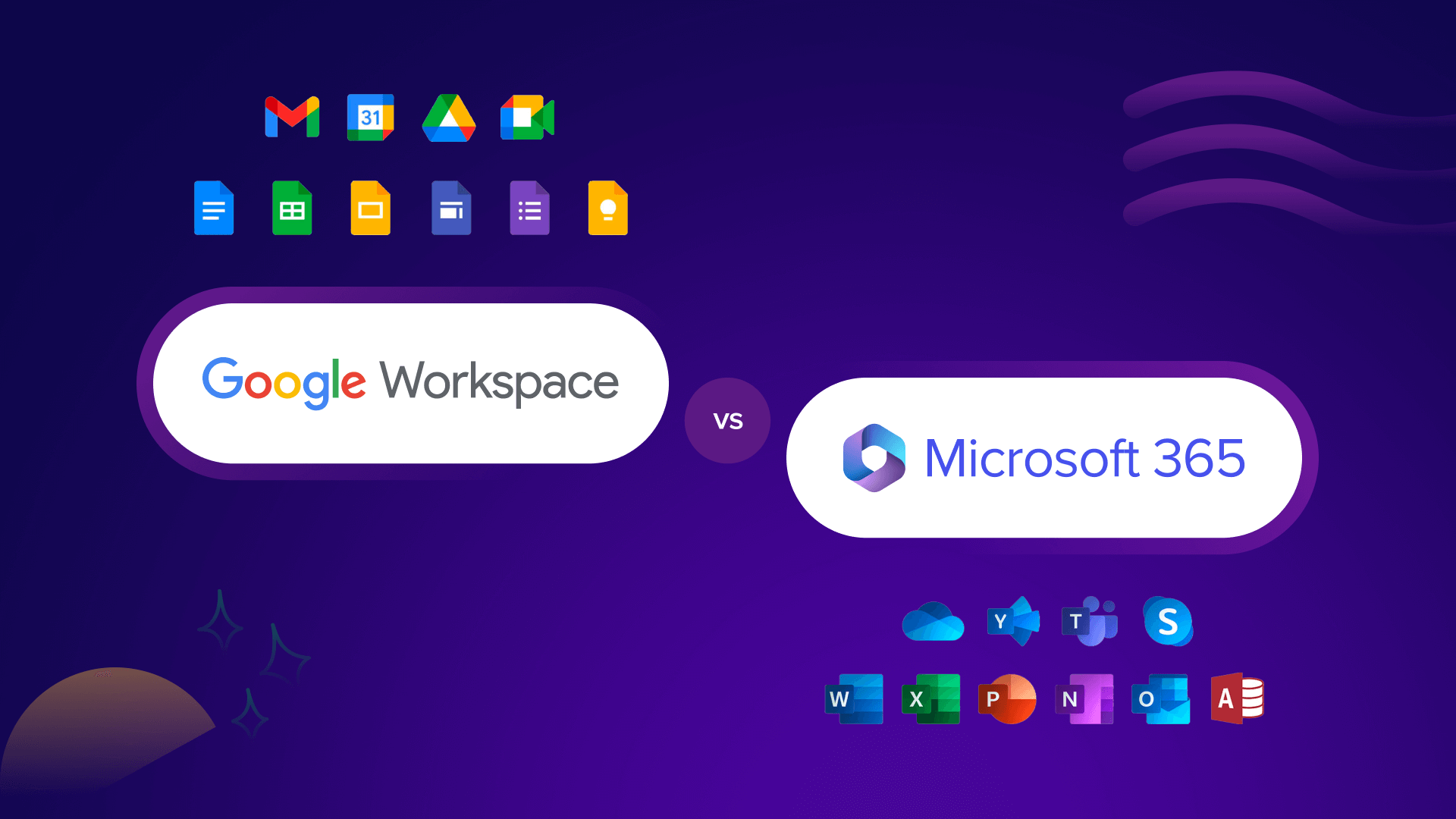Friends, it is surprising that technology has shown that what humans had not even thought of, that is why science and technology are important, among them quantum computing is a new type of technology, friends, it works very fast, that is why we understand that the uses of quantum computing are also increasing rapidly and it is also helping in all the sectors, this is a big thing in the field of technology and it is also good, these are the days of technology.
How can we help quantum computing in other sectors:
Use in making medicines:
This technology also helps in making medicines in the health sector. Medicines are made faster because these computers work very fast. Scientists also use it to make medicines quickly. That is why quantum computing is considered very powerful and useful. We have seen that the health sector is using it more because technology has worked to support the health sector.
Helps with Cyber Security:
Not only in healthcare, but it also helps with cyber security. It protects all our data and ensures no privacy leaks. If you’re talking about tracking and government security, no data will be leaked. With data being safe, no cyber money theft will occur, this will keep everyone safe and people’s lives will also remain safe.
Quantum Key Distribution:
This is a kind of system which works on quantum rules. The best thing about this is that if someone uses this tool to extract someone’s data, then it will change it and clean it at that time. QKD could make communication channels almost impossible to hack. Some countries, like are already testing quantum communication networks using QKD.
Governments:
They should also create rules and plans to keep data safe in the future. Investing in these quantum-safe tools and policies is very important to stop hackers from breaking into important systems and to protect people’s private information from being stolen.
Post-Quantum Security Updates:
Companies must update their security by utilizing post-quantum encryption, which can secure information from effective quantum computers. This unused sort of encryption is planned to remain secure indeed when programmers have progressed quantum instruments Updating security systems now is important to keep customers’ information safe and prevent future cyber attacks that could break today’s protections.
Strong Steps for Safe Accounts:
To guard their accounts, people should always decide on powerful, complex passwords. They should also turn on two-step identity check, which adds an extra layer of protection. Besides, keeping apps and software updated is essential because upgrades fix security problems and keep devices safe from new attacks. These simple steps help keep individual details safe from attackers and cyberattacks
Conclusion:
Quantum computing is expanding everywhere, whether it’s the health sector, the education sector, other fields, government sectors, companies, and individuals. It’s making all tasks easier. It’s the biggest victory of the tech world, and cyber security is crucial for IT firms.












